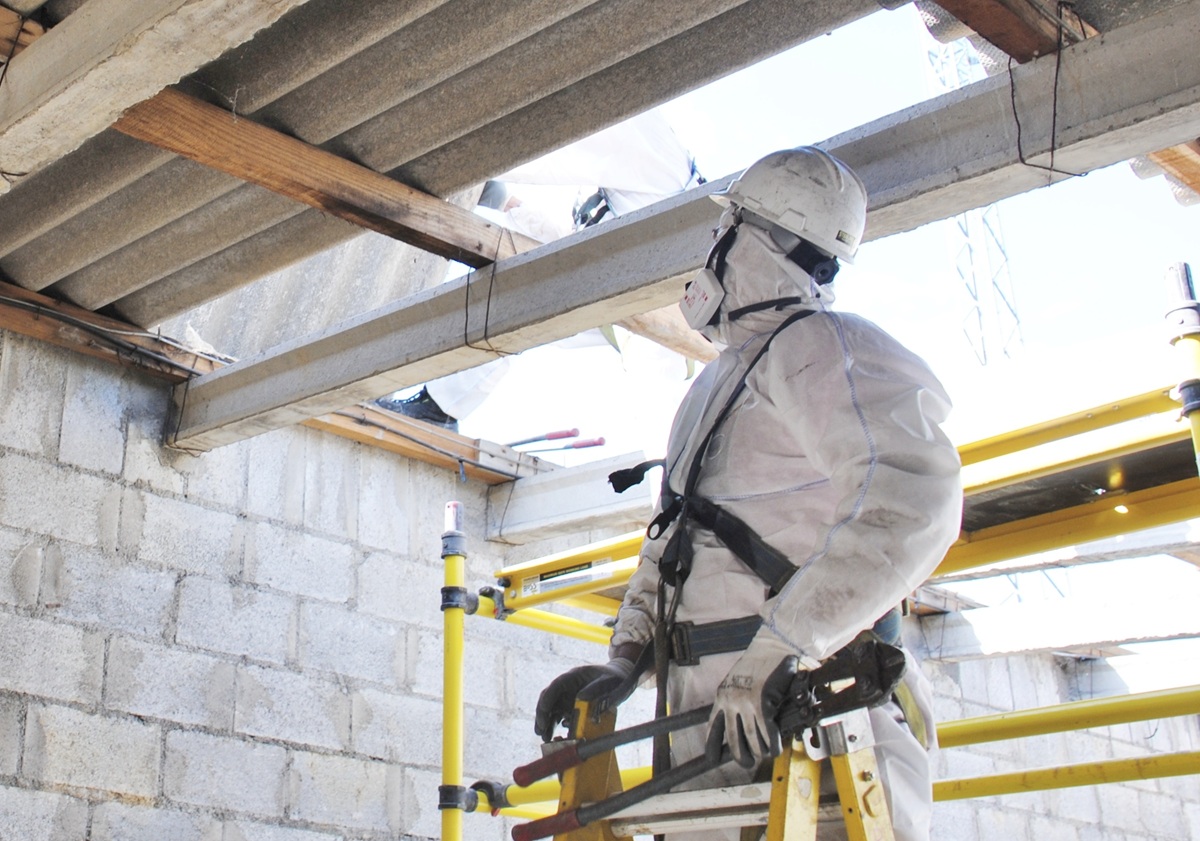UC San Diego, home to one of the world’s foremost research centers for earthquake safety, also has several buildings on and off campus—including student housing, theaters, gymnasiums, laboratories, and cafes – that are at serious or severe risk to life, according to a seismic safety survey done of several University of California campuses in 2020.
UCSD’s formal position regarding the findings is that the buildings “meet applicable California building codes in effect at the time of their construction” and that the campus will retrofit, replace, or vacate those structures no later than 2030.
“There are few, if any, parallel seismic retrofitting efforts in the private sector,” the university website states. “It is unlikely that the office buildings, shopping centers and other places Californians visit will be subject to the sort of extensive seismic review UC is conducting, much less the assurance of remediation/retrofitting we have committed to.”
Campus structures listed at severe risk include:
- Center for Neural Circuits and Behavior
- Che Café
- Central Utilities Plant
- York Hall
- Nimitz Marine Facility Laboratory Building
- Biomedical Sciences Building
- Recreation Gymnasium
- Natatorium
- Main Gymnasium
- Price Center West
- Mandell Weiss Theater
- Mandell Weiss Theater Shop
- 8950 Villa La Jolla Drive
Clearly, public institutions hold themselves to a higher standard when it comes to seismic safety. And the university is right – there are undoubtedly hundreds more commercial buildings in the city at graver risk – but the extent of that danger remains unknown.
Private businesses, like public institutions, are legally responsible for the safety of their buildings and the people who live, work, worship, or do business in them.
The Campus on Villa La Jolla, one of the buildings listed as being at severe risk, is a building type known to collapse in a major earthquake.
Commonly referred to as a “soft story” building, it is characterized by open parking on the ground floor and dwelling units above. Older structures like these are extremely vulnerable to collapse in a major earthquake. Many cities, including Los Angeles, now require those built before the mid-1970s to be retrofitted for seismic safety.
Retrofits make good business sense
The typical cost for a soft-story retrofit is between $5,000 and $10,000 per unit – putting the overall cost for a 10-unit apartment building at between $50,000 to $100,000.
Now, consider the liabilities:
- Liability resulting from death or injury in an earthquake can cost millions
- Income can be lost for extended periods if a building is damaged or destroyed
- Repair and replacement costs can be as much as 60 times more than retrofit costs
- Financial burdens of continuing mortgage payments on destroyed buildings
The cost of producing a single new apartment unit in Southern California can cost $575,000 or more. The cost of protecting and preserving a building is $5,000 to $10,000 per unit.
What’s a better investment? Protecting 50 plus units, or building one?
Researchers at Caltech have determined that for every dollar spent in retrofitting soft-story structures, property owners could expect to save up to seven dollars, and that study didn’t factor in loss to contents, alternate living expenses or deaths and injuries – all of which would have significantly increased the cost-to-benefit ratios.
FEMA found similar cost benefits in a two-year analysis of seismic retrofit scenarios applied to a variety of building types in locations throughout the United States. The study found high benefit-to-cost ratios for California, including a scenario of a tilt-up warehouse building in Hayward. Another study by National Institute of Building Sciences showed savings of $13 for every dollar invested.
These figures show that retrofits make good business sense. In fact, the National Institute of Building Sciences in its seminal report, Mitigation Saves, estimates that for every dollar spent on mitigation, society sees a resilience benefit of thirteen dollars or more. http://2021.nibs.org/files/pdfs/ms_v4_overview.pdf
If you think your building may be at risk, call Optimum Seismic at 833-978-7664 for a complimentary building consultation. It’s an important step to protect the future of your business.







